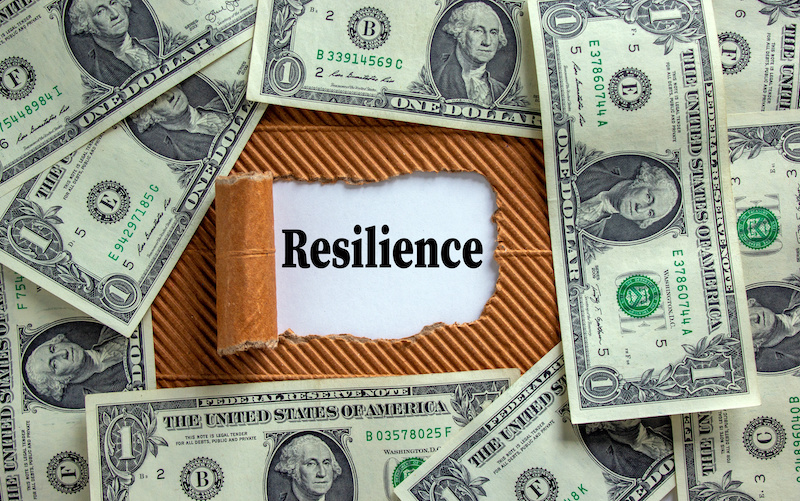On Fairness
Rafael Momeñe ErhardtMarch 18, 2019

Photo illustration /Adobe.
All this brouhaha about undergrounding the power lines and how to pay for it got me thinking about fairness in tax policy.
We have a fair way of paying for public goods in the form of property taxes. A special assessment introduces a more granular way to pay for public goods based on the benefit to the individual. While I don’t like the idea of dividing taxes based on individual benefit of public goods, I do have a buddy who thinks it’s sound reasoning. He’s a smart guy and went to a very prestigious university, so I figured it might be instructive to explore the idea to its fullest extent.
We can start with the easy calculations. Do you have a dog? My condo doesn’t even allow them. The dog park already has gates, so we could charge for membership. I and many others already have beach access, so why not slap a membership on the Beach Park to cover its costs? The Community Center has an operating budget of $2.8 million, so hike up those membership fees to cover it (you might even want to add in a little extra to pay for the proposed expansion). Senior services? I’m 35 years old.
It’s a little harder to calculate the value of public lands to the individual, but I think it’s still possible. Who benefits the most from beach renourishment? Is it the oceanfront condo that owns a part of the sand, or someone who owns a house on Mashta Island? Whose property values went up when we built a public park on Heather Drive? The immediate neighbors must love having a manicured field nextdoor where it’s illegal to park. Meanwhile, the majority of residents in The Towers don’t even know it exists. We could calculate these things based on distance or districts. While not perfect, it would certainly be more fair than an even split across households.
What about more abstract public benefits and externalities? We could divvy these up based on density. The Village is small and it’s not getting any bigger. Looking at the Miami-Dade County Property Appraiser’s records, we can roughly average a house to be three-tenths of an acre. Consider that each house owner owns one car. That’s about three cars on the road per acre of land owned. Key Colony, on the other hand, puts down about 30 cars per acre owned. Casa del Mar is at 40 cars per acre. A tax like this would need to be on a logarithmic scale, because the toll that density exerts on our limited geographical resources is not linear. I look forward to the house owners forming a lobbying group so they can push for this more equitable form of taxation.
At this point you might be thinking: but a special assessment for undergrounding isn’t like these things because of x-y-z. They are the same in that they are public goods you do not own or control. They benefit some residents more than others. It might be more complex to calculate the value of a park than a transformer, but in the year 2020, we can pay a few hundred thousand dollars for some consultants to come up with a fair methodology for everything the government spends.
To do a special assessment for this one project — undergrounding the power lines — and not for everything else, now that would be unfair. The project doesn’t exist in a vacuum. As fair as the methodology is for assessing values in this case, it’s only being used on one project. For this project there will be winners and losers, and next week those same losers will be unfairly paying Community Center memberships and beach renourishment for the winners.
Don’t talk to me about fairness. To make it fair, you’ve got to go all in or not at all.



Join the conversation